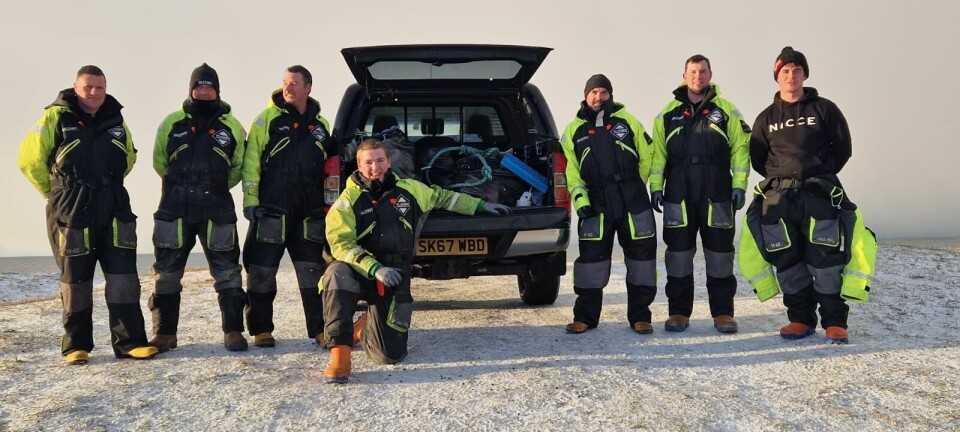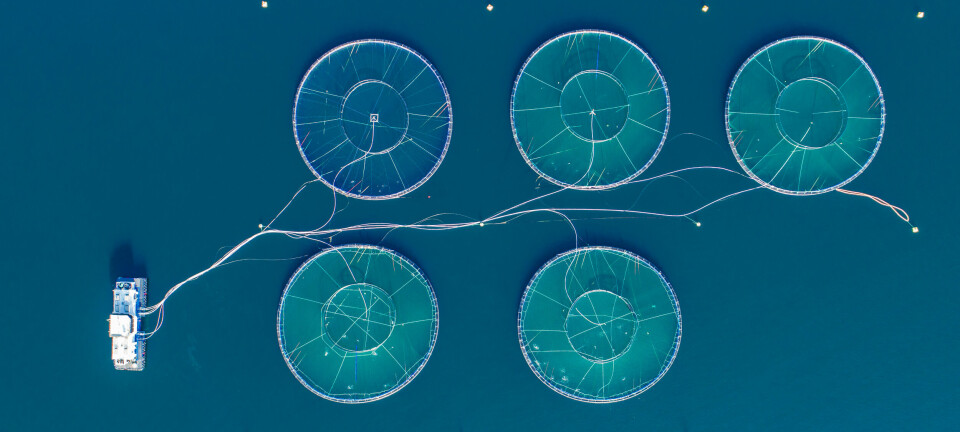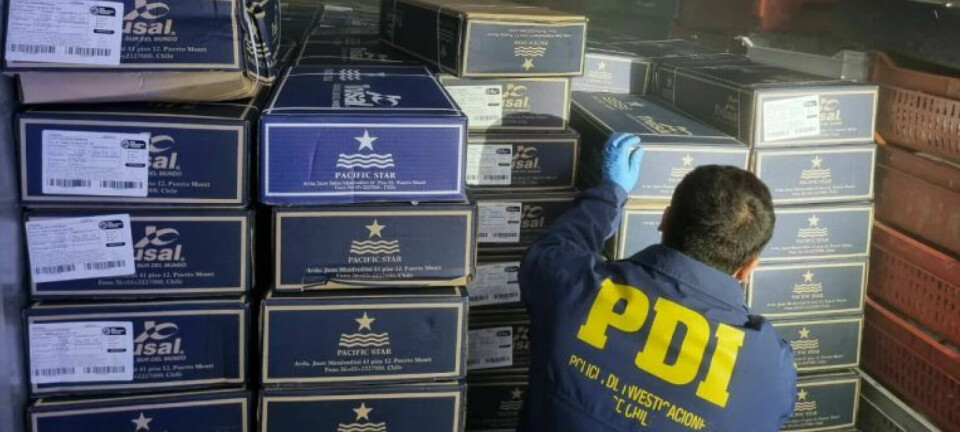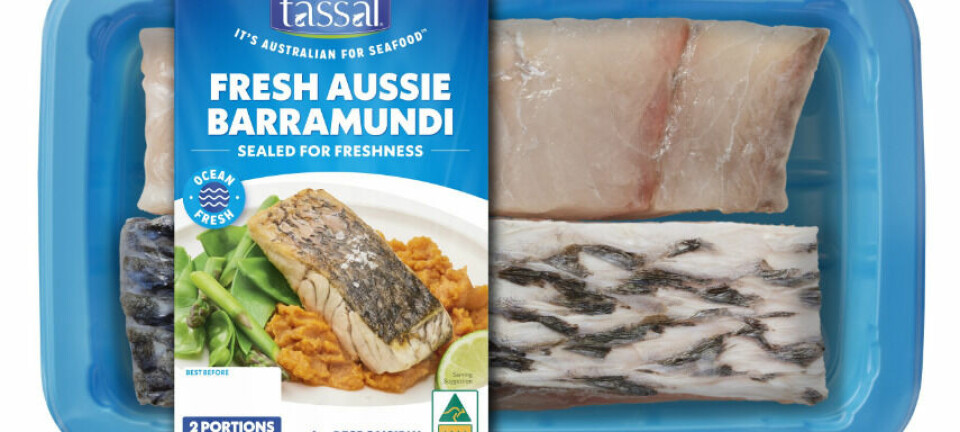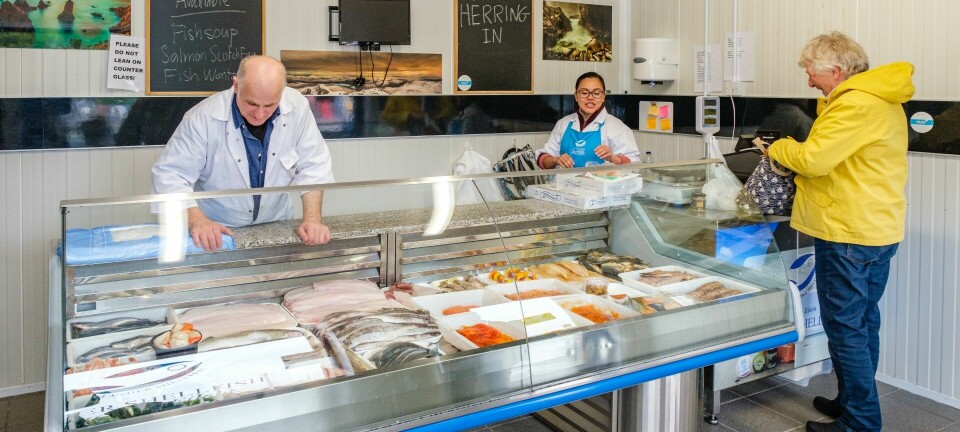The correlation between acquired immunity and biomarkers for infection

In his doctoral research project, Hetron Mweemba Munang’andu compared the use of traditional vaccines (based on whole, inactivated viruses) against IPN with new ways of administering viral antigens, including plasmid vaccines, subunit vaccines and nanoparticle vaccines. His results show that traditional, inactivated vaccines are more effective than vaccines made by molecular biological methods. Munang´andu studied the characteristics of the IPN virus as a vaccine antigen and also the biological distribution patterns of the infection. He found that the structural characteristics of the IPN virus have a bearing on its vaccine qualities and pathogenic capacity. A small number of amino acids on the surface of the virus determine the level of neutralising antibodies that are produced after immunisation. The development of the disease was monitored by tracing the spread of the virus in internal organs and by defining the primary organs for viral reproduction and the pathological changes in the pancreas and liver, which are the target organs of this virus. Improved vaccines reduced the speed of infection and the spreading and replication of the virus. The study showed that the antigen dose at vaccination correlated with the survival rate, while the level of antibodies correlated with both a reduced rate of infection, the absence of pathology and an increase in the survival rate. Munang’andu also studied the gene expression in vaccinated fish and then used this to divide the fish into groups according to the strength of their antibody response: low, moderate or high. He found that the gene expression in fish after infection correlated with an increase in the viral concentration and that this can be used to divide vaccinated fish into highly, moderately and poorly protected groups. The findings of this project show that the gene expression which provides a fingerprint of both innate and acquired immunity can be used to predict the vaccination success rate. This PhD research provides a good basis for developing better vaccines for use in fish farming and shows that acquired immunity can be used to measure the efficiency of vaccines. MSc Hetron Mweemba Munang’andu defended his doctoral research on 10th December 2013 at the Norwegian School of Veterinary Science (NVH) with a thesis entitled “Vaccinology of infectious pancreatic necrosis virus: immunogenicity, signatures of infection and correlates of protective immunity”.
Main supervisor Professor Øystein Evensen, NVH
Biography Hetron Mweemba Munang’andu qualified as a veterinary surgeon from the School of Veterinary Medicine, University of Zambia in 1990. In 1999, he took a master degree in veterinary microbiology at the Royal Veterinary College, University of London. He held a post at the Central Veterinary Research Institute and at the School of Veterinary Medicine, University of Zambia before joining the Department of Basic Sciences and Aquatic Medicine at the Norwegian School of Veterinary Science in 2006.
Contact information Hetron Mweemba Munang’andu Tel.: (+47) 22 59 73 55 Office: (+47) 22 59 73 66 Mobile: (+47) 98 86 86 83 Email: hetronmweemba.munang’andu@nvh.no or hetron.munangandu@gmail.com
Magnhild Jenssen, Information Officer at NVH Tel.: +47 77 66 54 01 Mobile: +47 957 94 830 Email: magnhild.jenssen@nvh.no










































